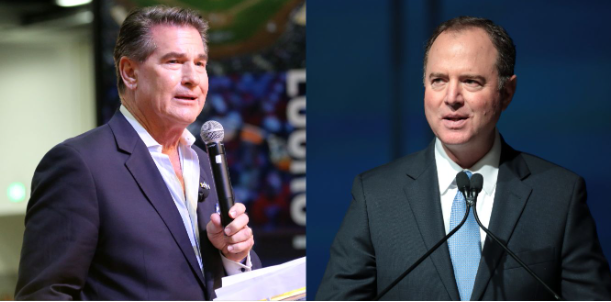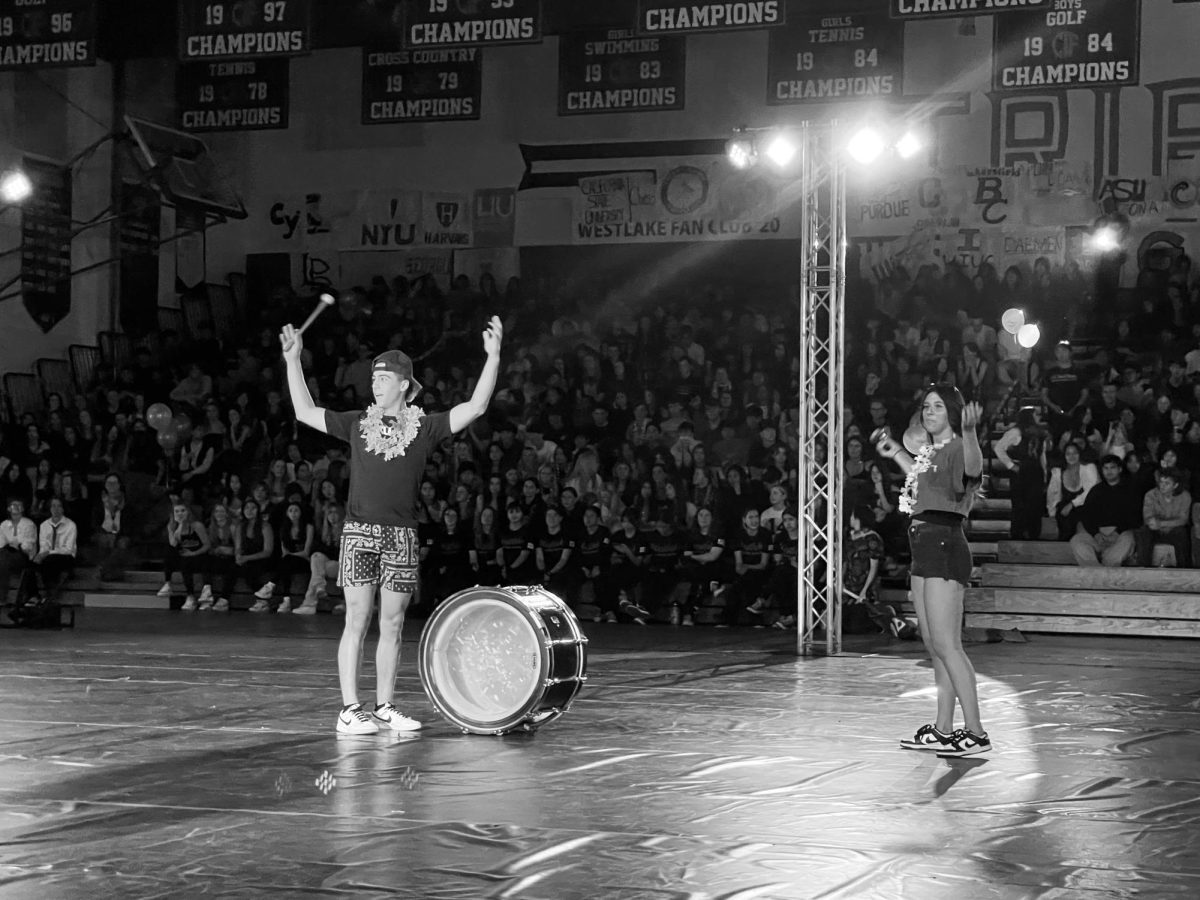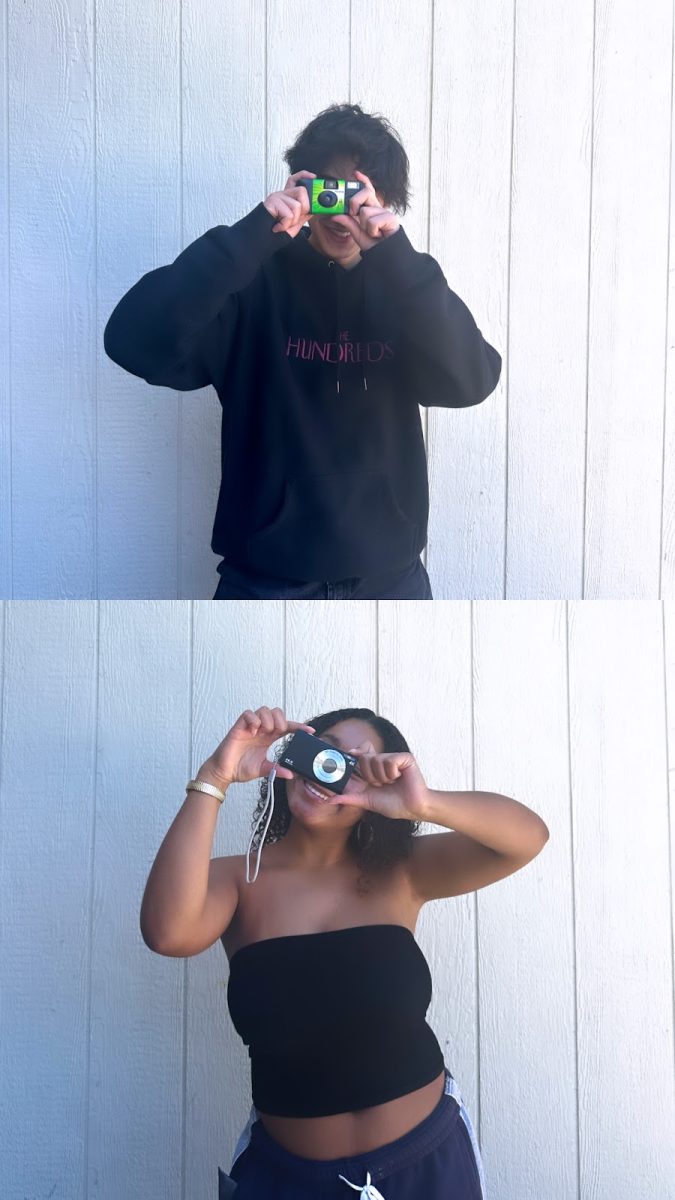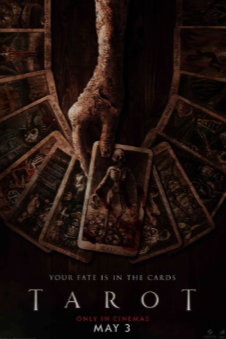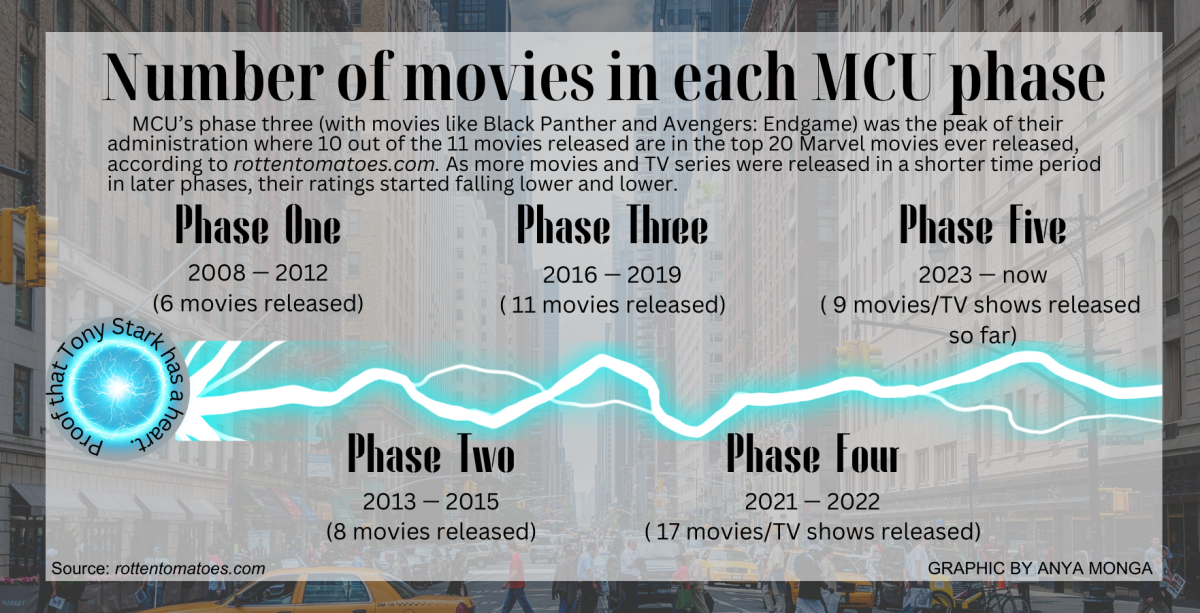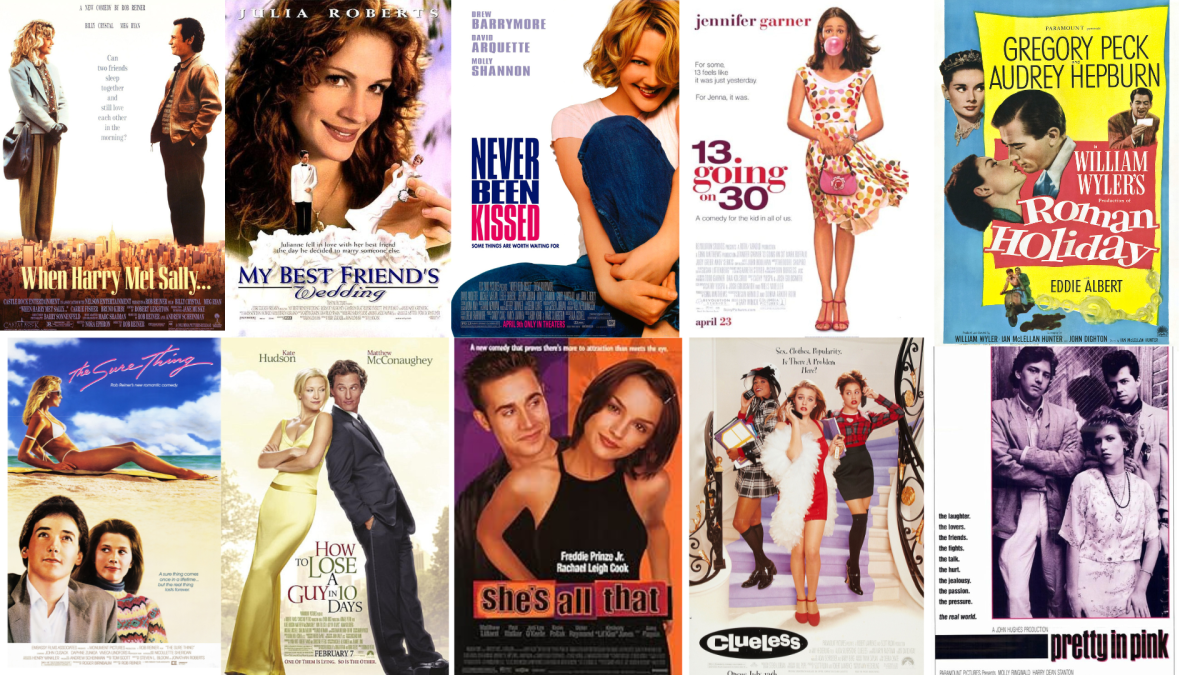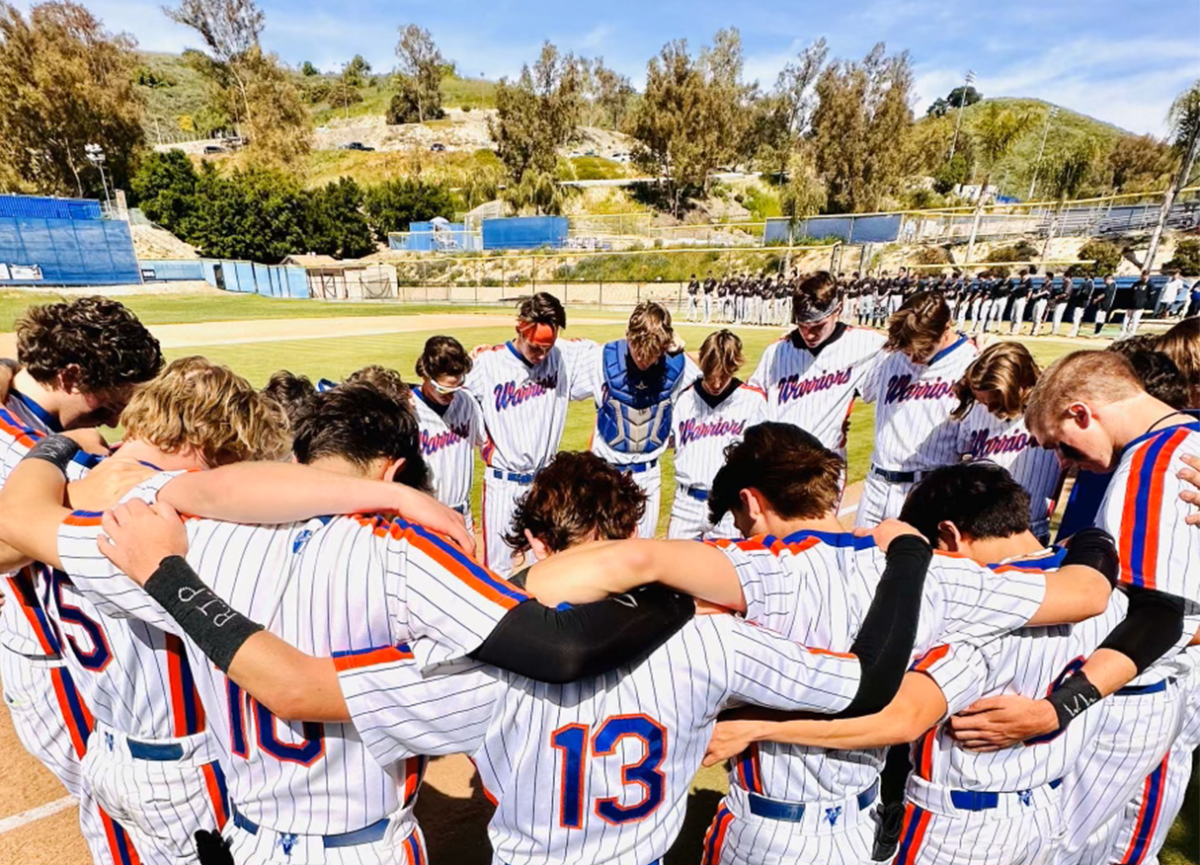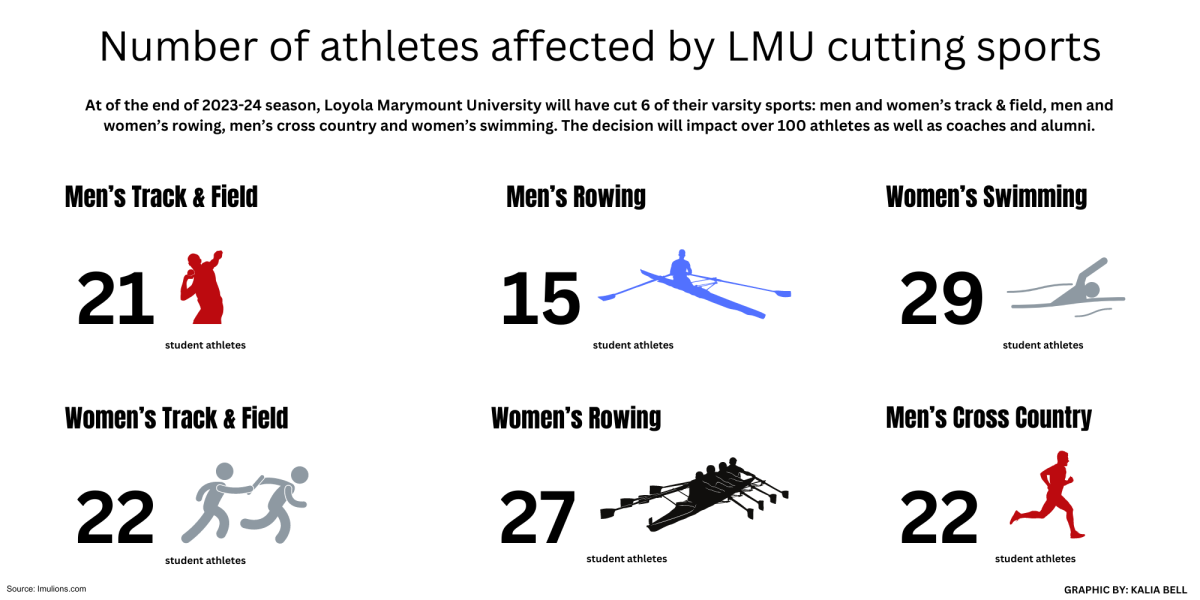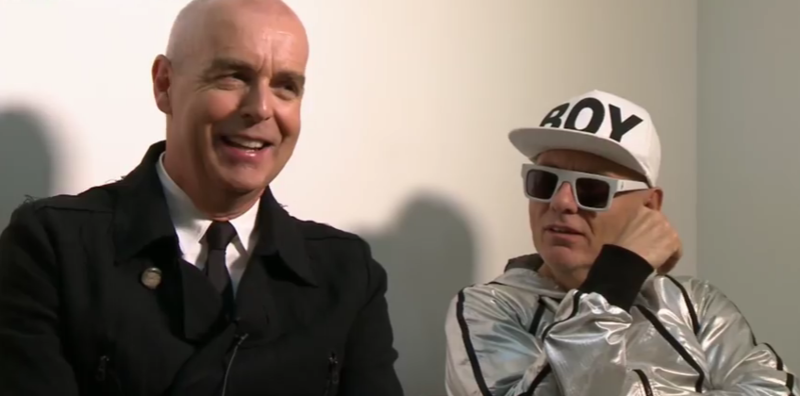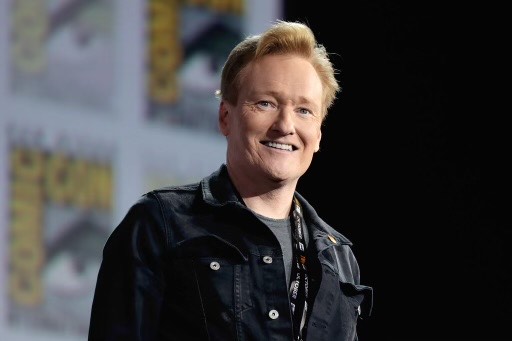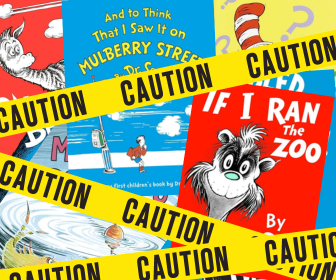Many young readers across America were introduced to reading with the fantastical creatures, sing-songy phrases and silly imagery of Theodor Seuss Geisel, much better known by his pen name, Dr. Seuss. This exposure begins and ends with his children’s books, in all their nonsensical whimsy. However, the eccentric author had a much larger career than initially meets the eye, containing multitudes more than his picture books.
In 1927, Dr. Seuss started his career as a cartoonist for magazines such as Vanity Fair and Life, but his passion for illustrations was present before that. He illustrated for Dartmouth’s humor magazine while he was still in school and had worked on ad campaigns for businesses such as insect repellent. Unfortunately, Seuss was also portraying political and ethnic caricatures from the outset of his work as well; one of the very first cartoons he produced under the name Dr. Seuss was a depiction of anti–Asian racism, a theme which would repeatedly come up in his work.
One of the most notable examples of such racism is present in Dr. Seuss’s very first book, And to Think That I Saw It on Mulberry Street, which is notorious for being denied by an outrageous amount of publishers. The book features a racial caricature of an Asian man “portrayed wearing a conical hat, holding chopsticks, and eating from a bowl”, according to apnews.com. This would only be the first instance in an unfortunate proclivity of Seuss depicting Asian, especially Japanese people in a harmful and clearly bigoted way.
World War II was another turning point of Dr. Seuss’s career. The political cartoons he produced over the course of WWII had, at points, confusingly contradictory messages. Although he became notable for his work criticizing the American government’s hesitation to involve the country in the war, these messages were severely undercut by rampant xenophobia and a reappearance of his anti-Japanese motifs.
Many find it hard to contend with Dr. Seuss’s bigotry in the light of the fact that he handled many other subjects of interest with great nuance. His work is often praised for its criticism of anti–semitism and the global conflict surrounding World War II. Hence, it is nothing short of jarring to compare that social awareness to his blatantly biased portrayal of Japanese people during and after the war.
It is very hard to know the true nature of a creative’s belief system. However, what can be known with a great degree of certainty is the harm that those beliefs in their expressed form can perpetuate. Due to the prevalence of Dr. Seuss’s work around young children, there is a reasonable concern over whether it is still permissible to promote his work when educators run the risk of spreading his bigoted ideas.
In 2021, Dr. Seuss Enterprises released a statement explaining that they would be withdrawing the publication of six Dr. Seuss books that “portray people in ways that are hurtful and wrong,” according to seusville.com. Some of these titles included And to Think That I Saw It on Mulberry Street, If I Ran the Zoo and McElligot’s Pool.
This is only one of a host of recent steps that modern educational organizations have taken in attempting to move away from Dr. Seuss and the questionable underlying message of some of his books. The National Education Assocation’s Read Across America program, which used to be extremely Dr. Seuss–centric, has rebranded in recent years and moved away from imagery surrounding his work and towards a message of diversity and inclusion. For their most recent event, the association produced a calendar of reading material and associated activities for each month August 2023 through July 2024 that highlighted literature by authors of color and tackled topics such as censorship, racial discrimination and mental health struggles.
Ultimately, the problematic depictions of minorities that are present in much of Seuss’s work can no longer be ignored. Although he is often remembered for promoting messages of equality and positivity, it is wrong for educational systems to only consider those traits when there is another, less tolerant side of his work. Dr. Seuss Enterprises made a responsible and sensitive decision: not trying to police the American education system, but having an active response to the hurtful legacy of Dr. Seuss’s work.
